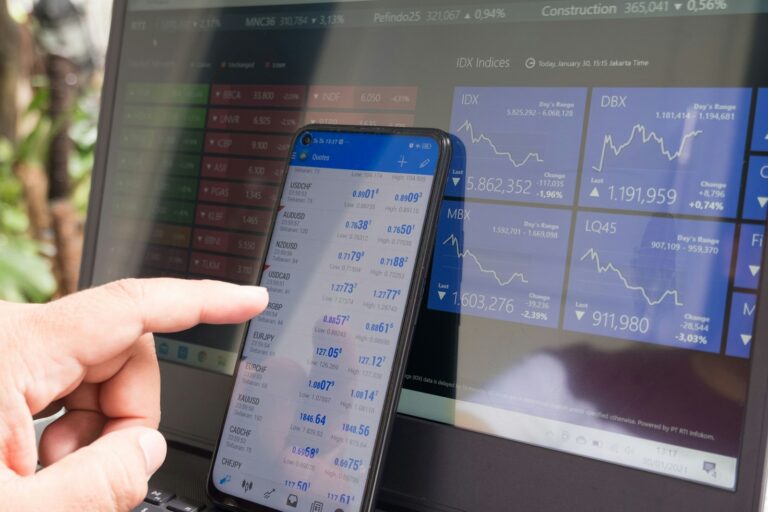President Trump’s new tariffs could soon affect prices for American consumers. These tariffs, or taxes on imported goods, are designed to help boost U.S. manufacturing by making foreign products more expensive. However, the result is likely to be higher prices for many everyday items, from groceries to electronics.
As businesses face higher costs for imported goods, they often pass these expenses along to customers. This means families might see their budgets stretched as regular shopping trips become more costly.
Prices Will Likely Go Up
Tariffs are taxes placed on products imported from other countries. Under the new plan, the government will charge an extra 10% on goods coming into the U.S., along with additional taxes on products from 60 specific countries. This means the cost of many things you regularly buy—like food, clothes, and electronics—could rise noticeably.
For example, buying a new car could soon become more expensive. A typical U.S.-made vehicle might cost about $3,000 more, while cars imported from Canada or Mexico could see price jumps around $6,000.
Popular gadgets like smartphones and laptops may become roughly 10% pricier. Even your grocery bill might grow—fresh produce prices could climb almost 3%. Items like avocados, mostly imported from Mexico, could become noticeably more expensive.
Lower-Income Families Could Feel the Pinch Most
These new tariffs are especially tough on families with lower incomes. When a tax hits essential goods like groceries or clothing, it takes a bigger bite out of paychecks for people who earn less. Economists call this a “regressive tax,” meaning it hurts lower-income households more.
For families already struggling, disposable income—the money left after paying for essentials—could drop by up to 4%. Meanwhile, wealthier families might only see a decline of about 1.6%. Simply put, higher prices on daily necessities hit hardest for those who have less money to spare.
Prices Could Keep Rising Due to Inflation
Inflation happens when prices for goods steadily increase, meaning your dollar buys less than before. Economists are worried that tariffs could speed up inflation, raising prices even faster. Some experts suggest inflation could climb by as much as 1.4% to 2.2% above normal levels.
For everyday shoppers, this means each trip to the store could cost more, stretching budgets even tighter.
Consumers May Cut Back on Spending
When prices rise, people tend to become cautious about spending. Families start thinking twice about dining out, vacations, or buying things they don’t immediately need.
Already, signs show that Americans are cutting back on these kinds of discretionary expenses, suggesting many are concerned about their finances and the state of the economy.
Less spending overall can lead to slower economic growth, hurting businesses that rely on customers’ willingness to spend.
The Long-Term Economic Impact Could Be Significant
Looking ahead, the tariffs could have lasting effects on the economy. Experts predict that by 2025, U.S. economic growth could slow down by nearly 1%, shrinking the economy by up to $160 billion every year.
Additionally, industries that depend on imported materials might face job losses, which could further strain American families and communities.
Although the tariffs are meant to support American manufacturing, their benefits come with some tough trade-offs. For many American families, the reality could mean tighter budgets, fewer choices, and harder decisions at checkout.






